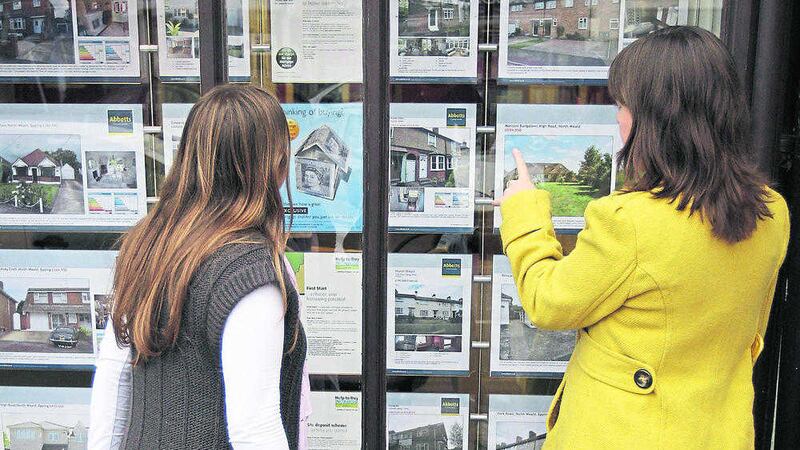TIGHTER controls on banks' lending criteria may make it more difficult to secure a mortgage and in turn cool Northern Ireland's housing market following the vote to leave the EU, according to property experts.
But it's unlikely there'll be the bricks-and-mortar crash that some scare-mongers had been predicting.
The housing sector had already been holding its breath waiting on the outcome of the referendum, while stamp duty hikes in April for buy-to-let investors introduced in April also disrupted the market.
However, the National Association of Estate Agents (NAEA) believes there will merely be a slower rate of price increase, rather than a fall in real values, and if there is any major impact, it will only be felt in London.
Richard Donnell, director at property analysts Hometrack, said the immediate impact of the vote "is likely to be a fall in housing turnover and a rapid deceleration in house price growth as buyers adopt a wait and see approach to the short term impact on financial markets and the economy at large".
He added: "The decision to leave the EU will be most keenly felt in the London housing market which is fully valued and already facing headwinds. History shows that external shocks can reduce sales volumes by as much as 20 per cent with sales volumes already down over the last year."
Earlier this month, the Royal Institution of Chartered Surveyors (RICS) said it expected house prices generally to head for a short-term dip amid the uncertainty. In the longer term, a shortage of homes available is expected to help support prices.
Ulster Bank's economist in the north Richard Ramsey fears more for general household finances.
He said: "The overall negative impact on economic growth and the public finances will have a detrimental effect on households in Northern Ireland.
"Alongside tax rises, we would expect to see a pick-up in consumer price inflation. The weaker pound also means the cost of imports will rise which will feed through into higher food prices, petrol prices and other consumer prices in due course," he said.
"Disposable incomes have been boosted due to the fact that inflation has been rising at a lower rate than wages, but we could see this reverse next year and wages being squeezed.
"But on a more positive note, home owners with mortgages linked to the bank rate will likely see reductions in their monthly mortgage payments."








